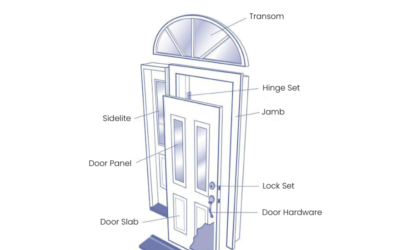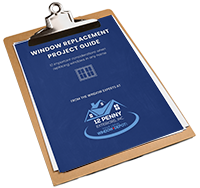1. Are you licensed in the State of MA?
For Massachusetts contractors, you should always ask if they have a CSL (Construction Supervisor License) and an HIC (Home Improvement Contractor License). This enables them to pull permits and get inspections, two very important steps in a home improvement project.
2. Do you have liability and workman’s compensation insurance? And is your coverage up to date?
Always ask to see a copy of their ACORD certificate of insurance form and make sure all policies are up-to-date and there is enough coverage. If a contractor is hesitant about supplying this information, it is a red flag.
3. Will a permit be pulled for the job and will the contractor pull it?
Most home improvement projects need a permit to be done legally. If a contractor asks you to pull the permit yourself, just say no. Your contractor is either telling you he isn’t licensed, his license is expired or he is not properly insured. Or all of the above.
4. What is excluded in your proposal?
It is easy to see what a contractor will include in his proposal. The savvy client asks the remodeler what is NOT included. A great follow up to this question is “how will you deal with items that arise that are not included?”
When we install windows and doors, we often run into rot or insect damage that was hidden by the window or door. We are very clear to homeowners that hidden rot is one of the only exclusions in our proposal and if we do find it, we come up with a plan to fix or replace whatever is not right. The homeowner knows this before we ever begin work.
5. Will you have an agreement (contract) drafted and signed?
It is imperative that a contractor have a Massachusetts Residential Agreement signed between the client and the contractor. This agreement should, at the very least, have the following:
- Company and client information.
- Complete Scope of Work.
- Approximate timeline for when work will begin and end.
- Payment schedule. (There are laws governing how much a contractor can ask up front.)
- Dispute resolution details in case anything happens that may require it.
Many contractors use a handshake, or maybe a pre-made boilerplate form. Those forms can be ok as long as they are detailed enough. Always make sure there will be an agreement in writing and that it covers the above details.
12 Penny Exteriors is fully licensed and insured, and our written agreement is easy to read and understand. We’d love to answer any of these questions, as well as discuss your next project.







